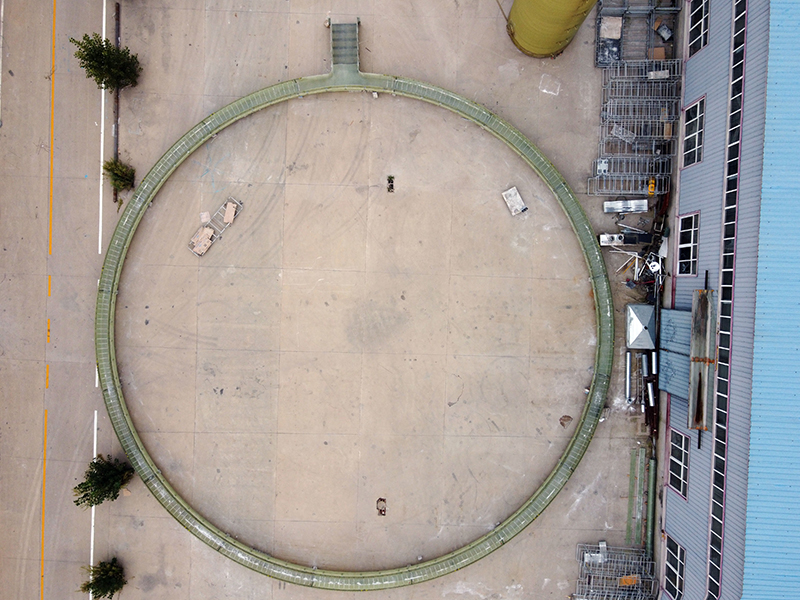
-
 Afrikaans
Afrikaans -
 Albanian
Albanian -
 Amharic
Amharic -
 Arabic
Arabic -
 Armenian
Armenian -
 Azerbaijani
Azerbaijani -
 Basque
Basque -
 Belarusian
Belarusian -
 Bengali
Bengali -
 Bosnian
Bosnian -
 Bulgarian
Bulgarian -
 Catalan
Catalan -
 Cebuano
Cebuano -
 China
China -
 China (Taiwan)
China (Taiwan) -
 Corsican
Corsican -
 Croatian
Croatian -
 Czech
Czech -
 Danish
Danish -
 Dutch
Dutch -
 English
English -
 Esperanto
Esperanto -
 Estonian
Estonian -
 Finnish
Finnish -
 French
French -
 Frisian
Frisian -
 Galician
Galician -
 Georgian
Georgian -
 German
German -
 Greek
Greek -
 Gujarati
Gujarati -
 Haitian Creole
Haitian Creole -
 hausa
hausa -
 hawaiian
hawaiian -
 Hebrew
Hebrew -
 Hindi
Hindi -
 Miao
Miao -
 Hungarian
Hungarian -
 Icelandic
Icelandic -
 igbo
igbo -
 Indonesian
Indonesian -
 irish
irish -
 Italian
Italian -
 Japanese
Japanese -
 Javanese
Javanese -
 Kannada
Kannada -
 kazakh
kazakh -
 Khmer
Khmer -
 Rwandese
Rwandese -
 Korean
Korean -
 Kurdish
Kurdish -
 Kyrgyz
Kyrgyz -
 Lao
Lao -
 Latin
Latin -
 Latvian
Latvian -
 Lithuanian
Lithuanian -
 Luxembourgish
Luxembourgish -
 Macedonian
Macedonian -
 Malgashi
Malgashi -
 Malay
Malay -
 Malayalam
Malayalam -
 Maltese
Maltese -
 Maori
Maori -
 Marathi
Marathi -
 Mongolian
Mongolian -
 Myanmar
Myanmar -
 Nepali
Nepali -
 Norwegian
Norwegian -
 Norwegian
Norwegian -
 Occitan
Occitan -
 Pashto
Pashto -
 Persian
Persian -
 Polish
Polish -
 Portuguese
Portuguese -
 Punjabi
Punjabi -
 Romanian
Romanian -
 Russian
Russian -
 Samoan
Samoan -
 Scottish Gaelic
Scottish Gaelic -
 Serbian
Serbian -
 Sesotho
Sesotho -
 Shona
Shona -
 Sindhi
Sindhi -
 Sinhala
Sinhala -
 Slovak
Slovak -
 Slovenian
Slovenian -
 Somali
Somali -
 Spanish
Spanish -
 Sundanese
Sundanese -
 Swahili
Swahili -
 Swedish
Swedish -
 Tagalog
Tagalog -
 Tajik
Tajik -
 Tamil
Tamil -
 Tatar
Tatar -
 Telugu
Telugu -
 Thai
Thai -
 Turkish
Turkish -
 Turkmen
Turkmen -
 Ukrainian
Ukrainian -
 Urdu
Urdu -
 Uighur
Uighur -
 Uzbek
Uzbek -
 Vietnamese
Vietnamese -
 Welsh
Welsh -
 Bantu
Bantu -
 Yiddish
Yiddish -
 Yoruba
Yoruba -
 Zulu
Zulu
grp field tank
Understanding GRP Field Tanks An Overview
GRP (Glass Reinforced Plastic) field tanks have emerged as a preferred solution for various storage needs across multiple industries. Combining lightweight properties with exceptional strength, GRP tanks offer significant advantages for the storage of liquids, including water, chemicals, and other substances. This article seeks to explore the features, benefits, and applications of GRP field tanks.
What are GRP Field Tanks?
GRP field tanks are constructed using a composite material consisting of glass fibers and resin. This fusion enables the tanks to possess remarkable durability while remaining lighter than traditional materials such as steel or concrete. As these tanks are produced in a variety of shapes and sizes, they can be tailored to meet specific storage requirements, making them versatile for both residential and industrial applications.
Key Features of GRP Tanks
1. Corrosion Resistance One of the most significant advantages of GRP tanks is their resistance to corrosion. Unlike metal tanks that can rust over time when exposed to various chemicals or environmental conditions, GRP tanks maintain their integrity, ensuring a long service life and minimizing maintenance costs.
2. Lightweight and High Strength GRP tanks weigh substantially less than steel or concrete tanks. This lightweight nature simplifies transportation and installation, especially in remote or challenging locations, where heavy lifting equipment may not be available. Despite their lightness, GRP tanks offer considerable strength, allowing them to withstand external pressures.
3. Thermal Insulation GRP materials offer excellent thermal insulation properties, helping to maintain the temperature of the stored liquids. This is particularly beneficial in applications where temperature fluctuations can lead to product degradation.
4. Customizability GRP tanks can be custom-designed according to specific requirements, including size, shape, and color. This level of customization makes them suitable for a broad range of applications, from agricultural uses to industrial processes.
grp field tank

Applications of GRP Field Tanks
The versatility of GRP field tanks has led to their widespread adoption in various sectors
- Water Storage Many municipalities and rural areas utilize GRP tanks for potable water storage due to their hygienic properties and resistance to leaching.
- Chemical Storage Industries that require the storage of hazardous chemicals often prefer GRP tanks because of their chemical resistance and safety features.
- Agriculture In agricultural settings, GRP tanks are used for storing liquids such as fertilizers and pesticides, ensuring that these materials are kept safe and secure.
- Fire Protection Systems GRP tanks are also employed in fire protection systems as they can store large volumes of water necessary for firefighting efforts.
Conclusion
GRP field tanks represent a significant step forward in storage technology, offering a blend of durability, customization, and efficiency. Their resistance to corrosion, lightweight construction, and superior thermal insulation make them an ideal choice for a range of applications across numerous industries. As the demand for effective storage solutions continues to grow, GRP tanks will undoubtedly play an increasingly important role in meeting these needs. Whether for urban water management or industrial chemical storage, GRP field tanks provide a reliable and versatile option that is set to shape the landscape of modern storage solutions.









